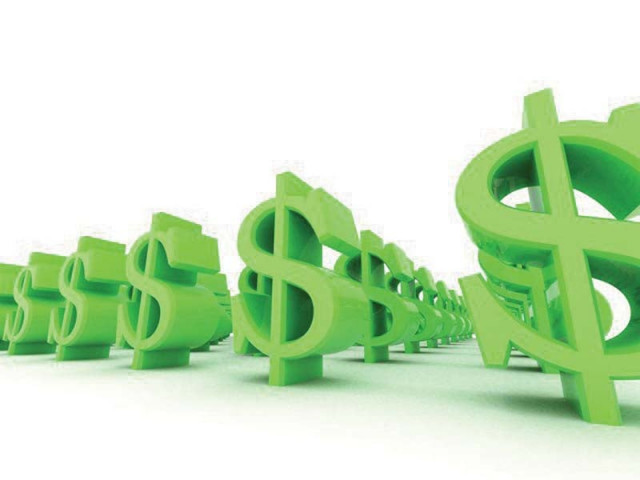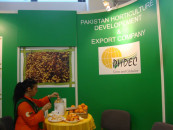East India Company’s success reflected in modern corporations
Their economic strength bigger than most countries; need regulatory oversight

Their economic strength bigger than most countries; need regulatory oversight. CREATIVE COMMON
Founded in 1600, the East India Company was the forerunner to the modern multinational.
Its economic strength can be realised from the fact that at the peak of its success as a corporation, the East India Company accounted for half of world’s trade. Starting as a corporation trading in spices, it reached the pinnacle of its lifespan in running the British Empire in India.
Nick Robins in his book, “The Corporation that Changed the World: How the East India Company Shaped the Modern Multinational” writes that the company pioneered the shareholder form of corporate ownership and built the foundations for modern business administration.
A major milestone in its journey to make inroads into India was more than 330 years ago when on October 5, 1676, it got authority from the King of England to mint Indian currencies – rupee and paisa coins – in Bombay.
In the twilight years of the Mughal rule, where small pockets of power prevailed in India and had their own currency, the company financially established itself and even got into the position to set the foundations of British Empire in India. Historically, corporations served to expand imperial interests and aid in war financing.
Corporations today: globally and locally
Even today, the biggest corporations in the world are huge, bigger than many countries, in terms of revenues, profits, assets and market value. Forbes has ranked the biggest corporations in the world in 2015, spanning 60 countries in their Global 2000 list.
These corporations are ranked after calculating a composite score that uses the above mentioned four metrics. It has been estimated that taking these top 2,000 corporations altogether, their combined revenues total $39 trillion, profits total $3 trillion, assets are worth $162 trillion and they have a combined market value of $48 trillion.
Of this list of 2,000 corporations, almost 30% are based in the US followed by almost 12% in China.
Industrial and Commercial Bank of China (ICBC) has topped the list with the highest assets worth $3,322 billion and a market value of $278.3 billion.
Another indicator employed in calculating the composite score, revenues, reveals that the biggest corporation in the world in terms of this indicator is Walmart, the American multinational retail corporation. Having revenues worth $485.7 billion, it is roughly double the GDP of Pakistan.
Analysing the corporate sector in Pakistan reveals that for 2014 the Securities and Exchange Commission lists the number of institutions at 62,282 with 396 companies listed on the Karachi Stock Exchange.
The highest number of corporations has been categorised as small having a capitalisation of less than Rs100,000. Almost 23% of these corporations belong to the services and trading sectors. About 22 foreign firms were incorporated in Pakistan in FY14 with almost a third of them belonging to China.
Pros and cons
Corporations have revolutionised the world by giving access to a vast variety of goods to the ordinary man. They have created millions of jobs and generated economic prosperity for its employees and shareholders. Businesses have made huge inroads through the supply of products into developing countries where economic growth has primarily been consumption-led.

The Global Consumption database, published by the World Bank, has estimated that roughly 4.5 billion low-income people in developing countries collectively spend more than $5 trillion a year with the food and beverages segment having the highest share of 38.6% in the total consumption basket.
However, economic globalisation has also been fiercely criticised with corporations accused of maximising profits at the expense of poor working conditions and unsatisfactory labour compensation hurting thousands of local producers.
With the rise of the corporation, an entire ideology called “corporate libertarianism” has emerged which propounds that free markets without government interference are the best mechanism for optimal social allocation of resources.
Corporate influence has grown and has had a deep impact on several spheres of ordinary life. This is exercised through various means – advertising on mainstream media, influencing public policy and governments through financing large parts of elections and on a global scale, corporations impacting multilateral organisations such as the World Trade Organisation as well as international economic and political agreements.
Corporations are here to stay but must be under regulatory oversight. One cannot forget the lessons learnt from the recent global financial crisis where poor regulatory structures led to system-wide disruptions causing huge losses not only to countries but affected millions of people.
The writer is an economist and ex-central banker
Published in The Express Tribune, October 12th, 2015.
Like Business on Facebook, follow @TribuneBiz on Twitter to stay informed and join in the conversation.









1733130350-0/Untitled-design-(76)1733130350-0-208x130.webp)









COMMENTS
Comments are moderated and generally will be posted if they are on-topic and not abusive.
For more information, please see our Comments FAQ